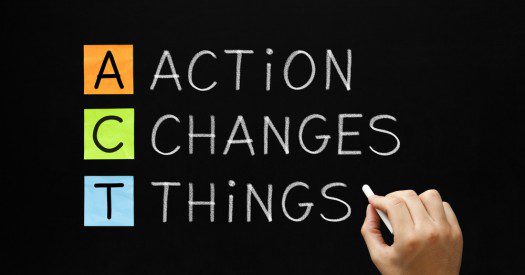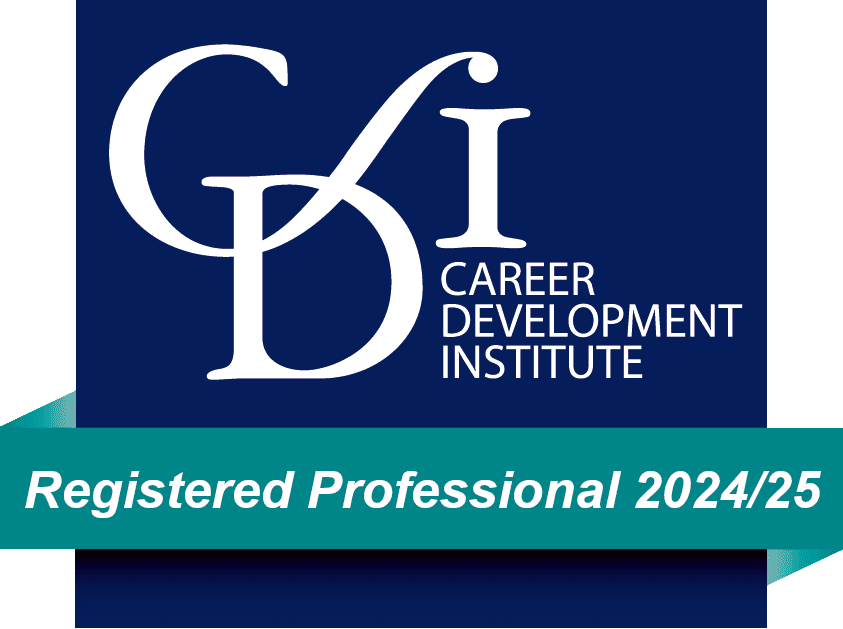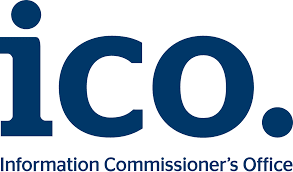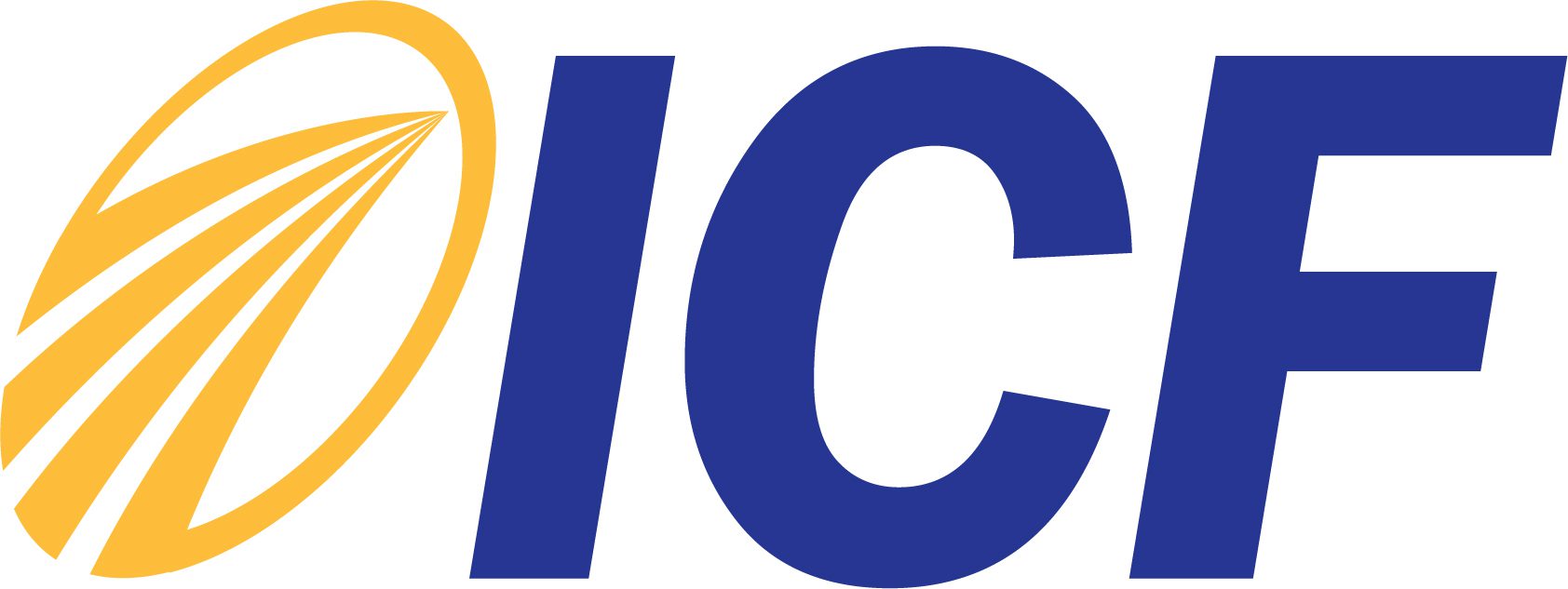We live in a world where an infinite amount of information on any given subject is freely available.
Whatever it is we want to know ‘ask Google’ or Windows 10’s new Cortana feature will guide us to page after page of data. But how do we use this data? How do we discriminate between good advice and advice influenced by commercial interests (e.g. a seemingly innocuous comparison website where item ‘x’ is selected as the top choice, but on further digging we find out that the website itself is owned by the makers of product ‘x’)? When do we say ‘enough!’, and just get on with putting what we’ve learned into action?
The same phenomena can happen in your job search and career management; the function of finding your next senior level executive position. We all know that it’s easy to research online e.g. ‘top ten interview questions’ or ‘best cv format’, but none of this information is personalised to you, a factor which is critical at senior level.
What can also happen is that the research itself becomes an activity that far outweighs the JDI (Just Do It) factor, for example, I’ve heard examples of:
- Artists spend more time looking at YouTube art tutorial videos than actually painting
- Cooks spend more time researching recipes online than practicing, hands on
- Senior executive job seekers spend more time researching CV layouts and interview tips, rather than putting these things into action
So unless care is taken the research of itself can become an activity which occupies an inordinate amount of time, preventing putting any learning into meaningful use.

Beware of research ‘overkill’.
It’s easy to accumulate masses of helpful links, reports, opinions, and soak up many articles, but at some point the need to act on some of this information is required. I’ve recently found that with our clients and other senior level candidates that we interact with, that this period of research is becoming extended, and I’m not just referring to the fact that it can take longer to land your next executive position than you might think, but instead the ‘I’ll just look at one more article’ or ‘find out one more opinion’ factor, which can extend the delay toward action.
At some stage you have to ‘make a call’ – a decision as to what particular style or approach (let’s say job hunting) suits you, make a plan, and go for it. Think of this as allocating more time to the action than the research.
What I suggest is to ring fence some research time early in the job search, let’s say an hour a day if you’re still in a role – perhaps longer if you’re not; start to work on your CV / Resume, LinkedIn and broader social strategy, personal branding statements, think about interview skills and how you’re going to practice, but above all do break these things down and put an action plan into… well, action!
These tips will help you to focus on the action strategy:
Ring fence time
I’m a great believer in using my smart phone to ‘time an event’. Let’s say you decide to allocate 30 minutes to contacting recruiters, trying to set up meetings or calls. Start your countdown timer and focus just on the one activity, then rinse and repeat (after a break) with some additional time – perhaps writing your next LinkedIn article.
Switch off distractions
Yes I know I’ve just suggested using your smart phone for timing, but aside from that potential distraction close your email and other browser tabs aside from the direct one you’re working on, and continue until that timer buzzes!
Track and Evaluate
Like any business or project plan you’ll need a system for keeping tabs on who you have been contacting, and what the next steps are. Many people that we work with use the good old spread sheet, whereas others prefer a CRM system (one of the many free versions available), or folders within their email client. The important thing here is to know where you are with any given contact should they call you. Simple, but really important.
On the evaluation front, there’s no good ‘flogging a dead horse’, as they say. So if you decide on a particular (let’s say) connection strategy on LinkedIn, and find that you’re getting very little back from it, after having given it a fair amount of time, then stop. Adjust. Move on. Work with what works for you, but above all focus on activity rather than reverting to further ‘how to’ sources.
Time to get back to it!
So there you have it, having taken you away from your networking long enough, I hope you can put the suggestions I’ve made into action and that some renewed focus and identification of priorities will help make the best use of time during this job search phase of your career.
If you need a bit of a kick start to get your career on track, we offer a no obligation, complimentary call.











